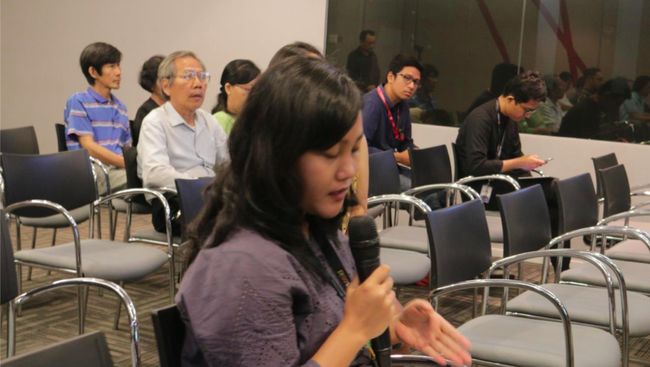A prominent York-schooled astrophysicist has received the world’s oldest scientific award for his work on the discovery of pulsars.
Scientist Jocelyn Bell Burnell is the second woman to receive the Copley Medal after Dorothy Crowfoot Hodgkin.
Other recipients of the Royal Society Grand Prize include Charles Darwin and Albert Einstein.
Dame Jocelyn, who attended Mount School in York, said, “I am delighted to have received this year’s Copley Medal, an award given to so many outstanding scientists.
“With more women making successful careers in science and receiving recognition for their transformative work, I expect there will be more Copley winners in the near future.
“My career doesn’t fit into the conventional pattern – men.
“Being the first to identify a pulsar would be the pinnacle of any career; but I also used a sledgehammer and made a radio telescope; build your own group that is successful in studying binary stars; and was the first female president of the Institute of Physics and the Royal Society of Edinburgh.
“I hope that my work and presence as a senior woman in science will continue to encourage more women to pursue careers in science.”
Dame Jocelyn returned to The Mount in 2006 to talk to students about her life and career.
The award includes a £25,000 prize that Dame Jocelyn will add to the Bell Burnell Institute of Physics Graduate Scholarship Fund to provide scholarships for graduate students from underrepresented groups in physics.
He is one of 26 medal and award winners announced by the community on Tuesday and recognizes outstanding research and contributions in the fields of advancing quantum computing, revolutionizing prenatal testing, and challenging racist pseudoscience.
dr. Nowsheen Goonoo of the University of Mauritius was awarded the first Developing Africa Award in memory of Paul O’Brien for his work in developing new biomaterials.
The President of the Royal Society, Sir Adrian Smith, said: “The Royal Society medals and awards recognize scientists and science communicators who have played an important role in expanding our understanding of the world around us.
“From advances in vaccine development to the first glimpses of distant pulsars, these discoveries are shaping our society, answering fundamental questions and opening new avenues for exploration.
“On behalf of the Royal Society, I congratulate each of our award winners and thank them for their work.”
A complete list of medals and awards, including past winners, can be found on the Royal Society’s website: https://royalsociety.org/grants-schemes-awards/awards/.
–


